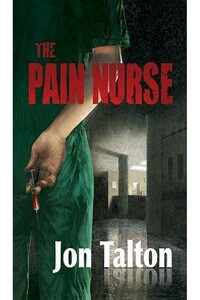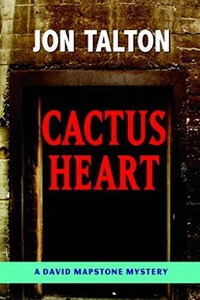South Phoenix Rules | страница 4
Safety first.
After taking a deep drag, he let the smoke drift out into the sunlight as he kept the cigarette hanging from his lips, folded his massive arms, and stared at the Latino kids. The revolver sat heavily on his belt.
Until then, the lane on the other side of the pumps had been empty. Now a sparkling black Cadillac SUV drove in, facing me. It had hubcaps like scimitars. They kept revolving after the vehicle came to a stop. Doors opened and five young black men stepped out into the heat. Unlike the Hispanics in their jeans and wife-beaters, they were dressed in the long-short pants that make a man look like a giant infant. None of them looked like a baby.
The closest one was taller than me and as wide as a mature tree back east, with skin the color of almonds. He ran his credit card, tugged on the gas hose, stuck it into the tank, and nothing happened. He called over to the tanker driver. The white man took another drag and showed him the finger. The black guy returned what must have been a gang sign and the Hispanics noticed.
A raised concrete island maybe three feet wide and the gas pumps separated the two groups.
Now the representing began: rival gang signs, elaborate walks toward each other only to be halted momentarily, profanities in English and Spanish. Along with this, I counted four guys raising their shirts to show firearms. Hip-hop was cranked up to compete with banda. More black guys appeared from another car that had parked behind the SUV: two, no, another three. All were waiting with desperate empty gas tanks, already jumpy, no doubt psychopathic, and full of tribal grudges, but they might move on if they could just fill up. They hadn’t noticed me sitting there in a sedan that screamed “Unmarked Police” with my deputy’s star on my belt, along with the Colt Python and one Speedloader with six extra rounds. Gasoline smells penetrated the cab of the car and a fresh sheet of sweat covered me. The Aryan tanker driver looked on impassively, finished his cigarette, and tossed it away from the vicinity of the flowing petroleum.
It was going to be a bad day all day.
I looked back at the mom, who was chatting on her cell phone, not seeming to notice the menace a few feet away. The little girl appeared more knowing, staring at the lethal theater ahead of her. I could call for backup, but people would be dead by the time the first police unit arrived. I could step out and show my badge, be the “peace officer” that Peralta once taught me, but there was no peace, not in this part of the city, not at this moment. At this moment, I should have been plotting what Peralta called a “tactical solution”: which asshole I would take down first, hard enough to get the attention of the others; which assholes I would shoot, in order of their likely capabilities, if things turned to gunplay.


